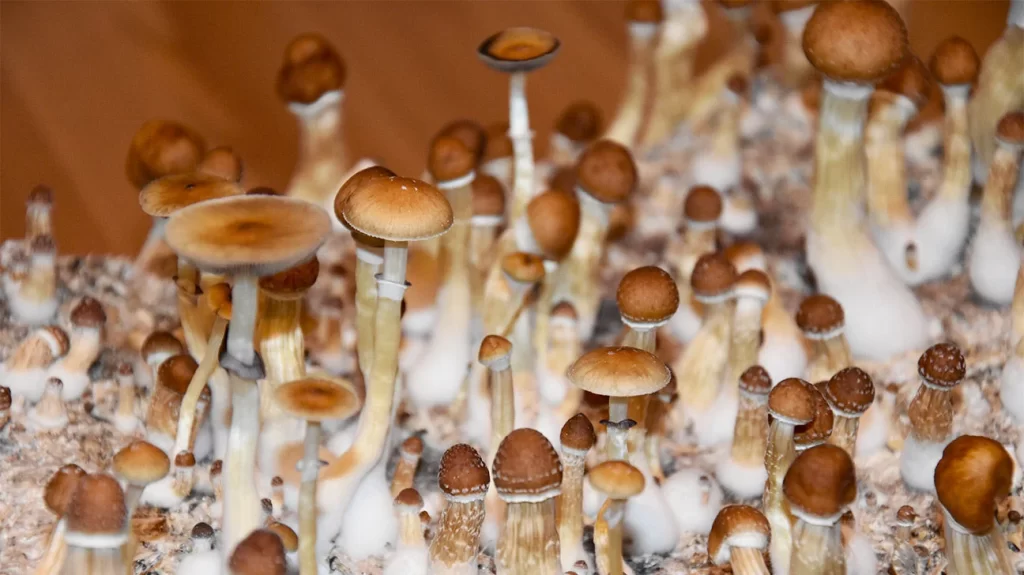Magic mushrooms, also known as psilocybin mushrooms, have long been associated with recreational use and psychedelic experiences. However, recent research has uncovered a fascinating and promising aspect of these fungi: their therapeutic potential. Beyond the high they provide, magic mushrooms are being explored for their ability to treat various mental health conditions and enhance overall well-being. One of the most notable therapeutic applications of magic mushrooms is in the treatment of depression and anxiety disorders. Studies have shown that psilocybin, the active compound in these mushrooms, can induce profound changes in consciousness that may help individuals break free from negative thought patterns and gain new perspectives on their lives. In clinical settings, guided psilocybin sessions have been used to alleviate symptoms of depression and anxiety, leading to long-lasting improvements in mood and overall quality of life. Moreover, magic mushrooms are being investigated as a potential treatment for conditions such as post-traumatic stress disorder PTSD and addiction. Psilocybin therapy has shown promise in helping individuals process traumatic experiences and reduce the emotional distress associated with PTSD.

In the realm of addiction treatment, psilocybin-assisted therapy has demonstrated effectiveness in helping people overcome substance abuse by facilitating introspection, increasing motivation for change, and reducing cravings. Another area of exploration is the use of magic mushrooms in addressing existential distress and end-of-life anxiety in terminally ill patients. Psilocybin therapy has been found to provide a sense of connection, acceptance, and peace, allowing patients to confront their fears and experience profound spiritual insights. This approach, often referred to as psychedelic-assisted psychotherapy, is being integrated into palliative care settings to improve the quality of life for individuals facing the end of life. Beyond specific mental health conditions, magic mushrooms are also being studied for their potential to enhance creativity, shrooms near me cognitive function, and emotional intelligence. Some research suggests that microdosing psilocybin—consuming sub-perceptual doses regularly—may promote cognitive flexibility, mood regulation, and problem-solving abilities without inducing psychedelic effects.
This has led to interest in exploring the use of microdosing as a way to boost well-being and performance in various domains. It is important to note that while the therapeutic potential of magic mushrooms is promising, further research is needed to fully understand their mechanisms of action, safety profile, and long-term effects. Regulatory challenges and stigma surrounding psychedelic substances have historically limited scientific inquiry, but recent shifts in attitudes and policies are opening up opportunities for more rigorous investigation. Magic mushrooms offer far more than just a recreational high—they hold significant therapeutic promise for a range of mental health conditions and well-being enhancement. From depression and anxiety to addiction and existential distress, psilocybin therapy is paving the way for new approaches to mental healthcare and personal growth. As research continues to unfold, we may uncover even more ways in which these fascinating fungi can positively impact human health and consciousness.